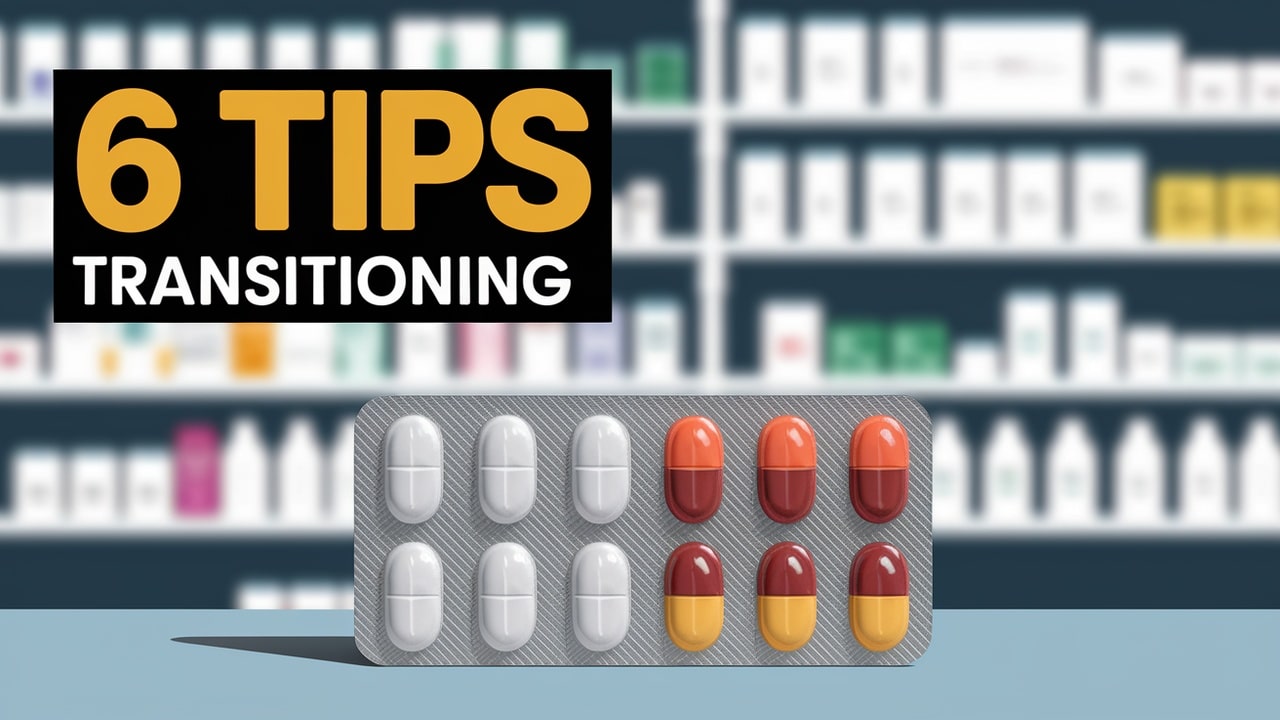
10 Nutrition Tips for Battling Depression
Depression impacts 5% of people globally. Although, with a balanced diet and taking care of your mental health, you can minimize the impacts. So, here are some nutrition tips to help you manage your depression.
Table of Contents
- 1. Eat Foods Rich in Antioxidants
- 2. Include More Healthy Carbohydrates in Your Diet
- 3. Incorporate Plenty of Protein
- 4. Try a Mediterranean Diet
- 5. Make Sure You Get Enough Vitamin D
- 6. Find Food With Omega-3 fatty Acids
- 7. Find Foods Rich in Zinc
- 8. Have Probiotics Within Your Diet
- 9. Snack on Some Nuts
- 10. Eat More Beans
- Foods to Fight Depression
1. Eat Foods Rich in Antioxidants
Our bodies produce molecules known as free radicals. These are unstable atoms that bond quickly with other substances. Free radicals can lead to cell damage, sometimes within the brain. Depression impacts the brain’s hippocampus. So, it’s essential to eat foods that fight free radicals, like ones with antioxidants. You can get antioxidants from vitamins and beta-carotene.
Here are a few foods to add to your diet:
- Apricots
- Broccoli
- Cantaloupe
- Blueberries
- Nuts and seeds
2. Include More Healthy Carbohydrates in Your Diet
Carbs have been linked to a mood-boosting chemical, serotonin. Depression causes a lack of serotonin which leads to feelings of sadness. However, you want to find the right carbs. So, include complex carbohydrates like whole grains and beans.
These are rich in fiber and slow down digestion. As a result, you’ll get full easier, which prevents overeating, especially when you feel emotional. Fruits and vegetables also have healthy carbs. Try to moderate how often you eat processed foods and simple carbs, like cake.
3. Incorporate Plenty of Protein
Food with protein, like tuna, contains tryptophan, which can help make serotonin. Higher levels can help regulate your mood and decrease feelings of anxiety. So, eating protein-rich foods can keep your energy level up throughout the day. Protein can also help to repair cells and create new ones.
Here are a few foods to add to your diet:
- Beans
- Peas
- Broccoli
- Soy products
- Yogurt
4. Try a Mediterranean Diet
A Mediterranean diet is more plant-based and emphasizes fruits, vegetables and whole grains. It also includes less dairy and meat than a typical Western diet. These types of foods are rich in vitamin B, which can help reduce symptoms of depression.
Vitamin B can increase your metabolism, energy and mood. Also, the legumes, fruits and nuts contain folate. Folate is vital in forming red blood cells and promotes healthy cell growth. Vitamin B12 can also be found in peanuts and oatmeal.
5. Make Sure You Get Enough Vitamin D
Vitamin D receptors can be found in your brain. These control the level of the feel-good hormone, serotonin, in your body. So, a low intake of Vitamin D can increase your depressive symptoms. However, too much can cause problems with calcium levels. One way to naturally get vitamin D is to head outside and soak up the fresh air.
This also can put you in a better mindset. You can also get vitamin D from foods like mushrooms. Another option is to take vitamin D supplements. Just check with your doctor to make sure there are no medicine interactions.
6. Find Food With Omega-3 fatty Acids
Food with omega-fatty acids can lower your risk of depression. These chemicals can easily move through your brain and interact with mood-related molecules. They also have anti-inflammatory properties that may help relieve depression. They may also help by enhancing brain function and preserving the myelin sheath. In addition, omega-3s are good for your heart.
Brussel sprouts are a common source of omega-3, but here are a few more:
- Flaxseed
- Chia seeds
- Walnuts
- Nuts
- Dark green, leafy vegetables
7. Find Foods Rich in Zinc
Zinc can improve your immune system, which can help with depression. Sometimes depression can cause sleep loss, lowering your immune system’s response. Zinc can also aid in metabolism and digestion processes. This can help those who may be over or under-eating when feeling stressed.
So, lower levels of zinc may be found in people who are depressed. Taking a supplement might also help certain antidepressants work more efficiently. You can also add food that contains zinc into your diet, such as whole grains, oysters and beans.
8. Have Probiotics Within Your Diet
Yogurt and kefir can increase healthy bacteria in your gut. Some research has found a connection between your gut and brain. The microorganisms in your gut impact your appetite, mood and sleep habits. They also help reduce inflammation and can affect cognitive functions.
Here are a few foods containing probiotics:
- Sauerkraut
- Kimchi
- Miso
- Pickles
- Kombucha
9. Snack on Some Nuts
These help to supplement omega-3 fats and walnuts are one of the best choices. Walnuts support brain health and lower blood sugar levels. Some studies also link them with increased levels of melatonin, a sleep-regulating hormone.
Cashews are another excellent source rich in tryptophan. This is a neurochemical your body turns into serotonin. They contain magnesium and vitamin B6, essential for controlling mood swings. Brazil and hazelnuts are other good choices to add to your diet.
10. Eat More Beans
Beans are an excellent source of protein, maintaining stable blood sugar levels.
Low levels can sometimes cause mood swings. Beans are also rich in folate, which helps the body produce DNA and RNA.
Garbanzo and pinto beans are great choices to add to any dish. Suppose you feel like some confront food on a tough day. Then cook up some chili with beans. You can also include beans in salads or tacos.
Foods to Fight Depression
Dealing with depression can be draining. There are multiple ways to increase your mood through exercise and diet. So, try these nutrition suggestions the next time you’re feeling down.






